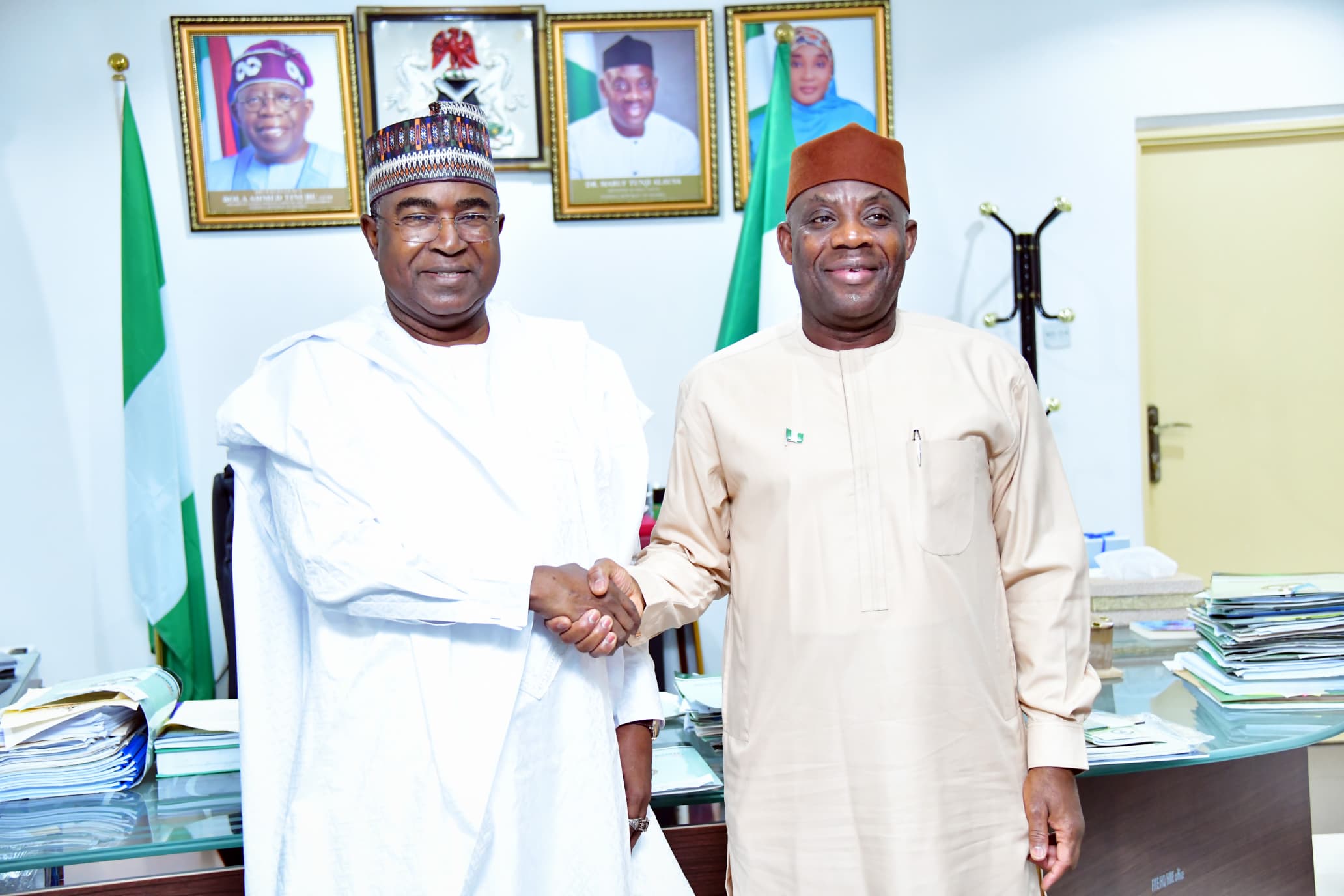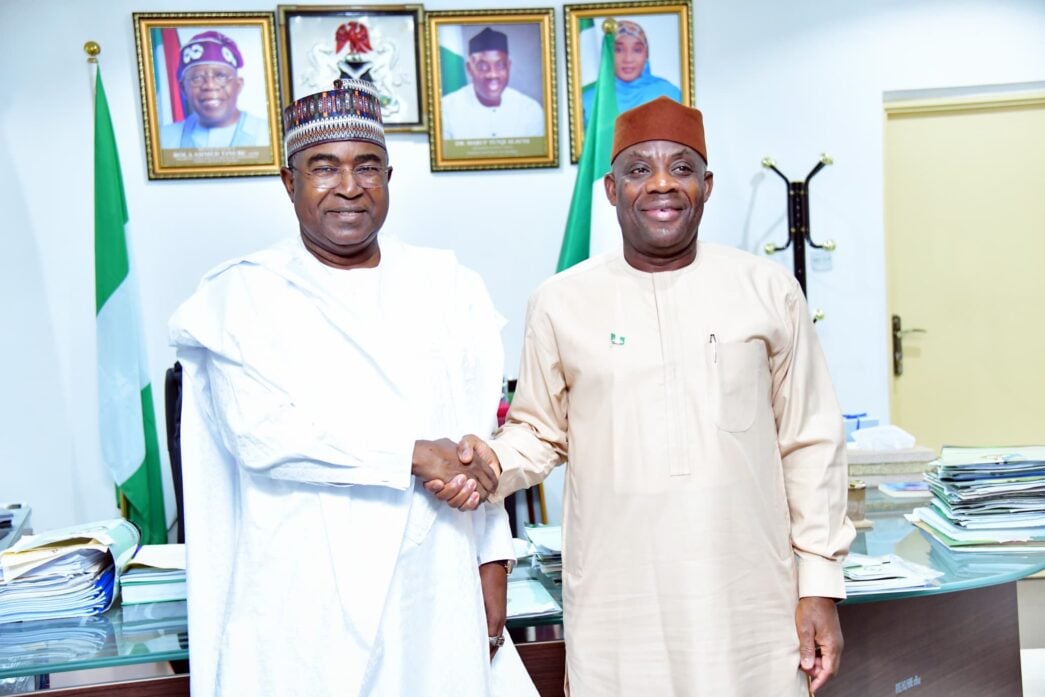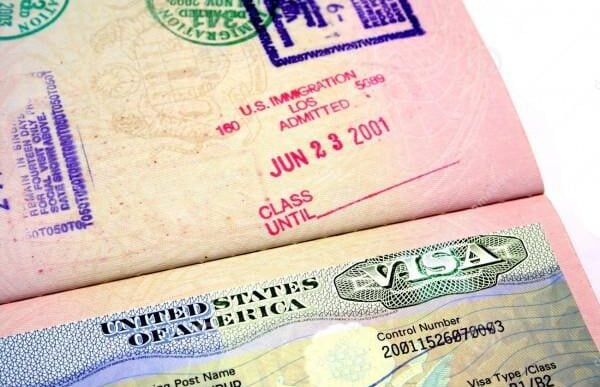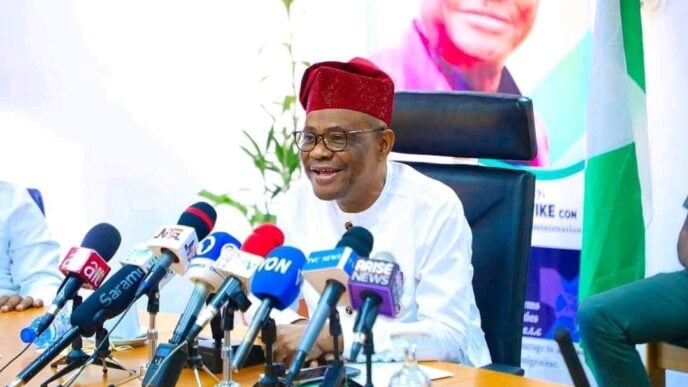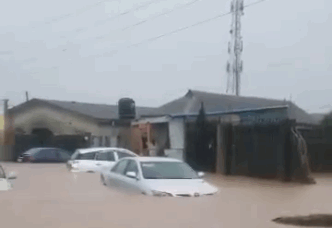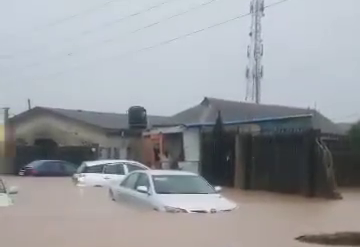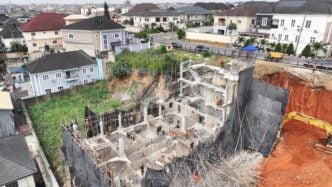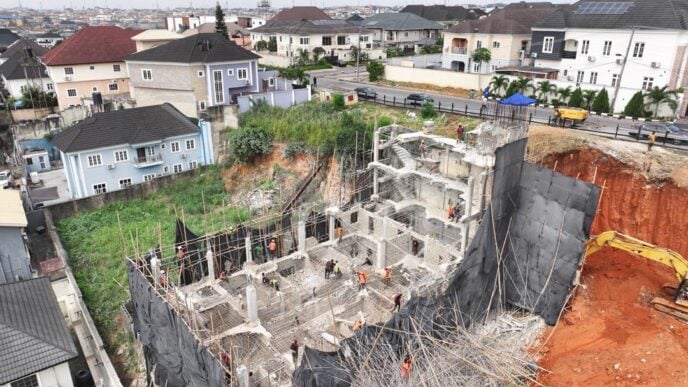L-R: NDLEA chairman Buba Marwa and minister of education Tunji Alausa
The ministry of education and the National Drug Law Enforcement Agency (NDLEA) have agreed to introduce compulsory drug testing for students in tertiary institutions across the country.
Femi Babafemi, NDLEA director of media and advocacy, announced the development in a communique dated July 30.
The statement said the plan follows a meeting between Tunji Alausa, minister of education, and Buba Marwa, chairman of the NDLEA.
In the meeting, both parties agreed on the need to tackle the rising threat of substance abuse among undergraduates.
Advertisement
The initiative, the NDLEA said, will integrate drug education into the revised secondary school curriculum and the rollout of standalone drug prevention programmes in schools.
Marwa, who led the NDLEA management team to the meeting in Abuja, described drug abuse as a national security threat, linking it to terrorism, banditry, and other violent crimes.
“The drug scourge, as we all know, is very high in Nigeria. So, we’re fighting for the souls of our children. We also know that the drug use is exacerbating criminal activities,” Marwa said.
Advertisement
“We want to adopt a drug testing policy in tertiary institutions because we want a policy to keep our campuses clean.
“What we are suggesting now is drug tests for new students, for students returning from vacations, and random tests.
“This will make the children avoid taking drugs, knowing fully well that if they do and they are found out, there will be consequences. And the consequences do not necessarily mean rustication.”
Alausa, in his response, commended the NDLEA’s efforts and expressed concern over the long-term impact of drug abuse on young people.
Advertisement
“When the youths get into drugs, their level of critical thinking is lower. Their ability to make informed decisions in the later part of their life becomes significantly reduced,” the minister said.
“So, they become unemployable. They’re not functional. They’re not useful to themselves. All they do is resort to criminality.”
To fast-track implementation, Alausa proposed the establishment of a technical working group comprising the NDLEA and the education ministry.
He also announced the creation of a new substance use prevention unit within the ministry.
Advertisement
The minister directed that drug education be integrated into the ongoing review of the secondary school curriculum.
‘DRUG TESTS FOR STUDENTS ARE MISPLACED, UNSUSTAINABLE’
Advertisement
The proposal has been met with criticism from education stakeholders, who argue that compulsory drug testing is misplaced, unsustainable, and lacks scientific backing.
Punch reports that Chris Piwuna, national president of the Academic Staff Union of Universities (ASUU), said the policy would not significantly reduce substance use.
Advertisement
Piwuna warned that mandatory drug testing could drive drug use underground, making it harder to detect and address.
“This decision is not supported by scientific evidence. The students are not the enemy. Let’s reach out with science, not suspicion,” he said.
Advertisement
“If you screen and find the person is using drugs, what’s next? Are you sending them to rehab? Are you expelling them?”
Rather than testing, he called for investment in preventive programmes and student support services such as counselling centres and peer clubs.
Similarly, Andrew Haruna, secretary of the committee of vice-chancellors, said the plan is impractical in the face of Nigeria’s underfunded university system.
“Some hostels meant for two students now house 10. That’s a ghetto. Fix the environment first. Let us not politicise or oversimplify a serious public health issue,” Haruna said.
He questioned the feasibility of testing thousands of students without adequate medical staff, especially when health workers in universities are already on strike.
“If you do the test today, and schools go on strike tomorrow, students go back home and do what they want. Will you test them again when they return? What’s the continuity plan?”
Haruna called for inclusive policymaking and deeper investment in infrastructure, welfare, and learning environments.
